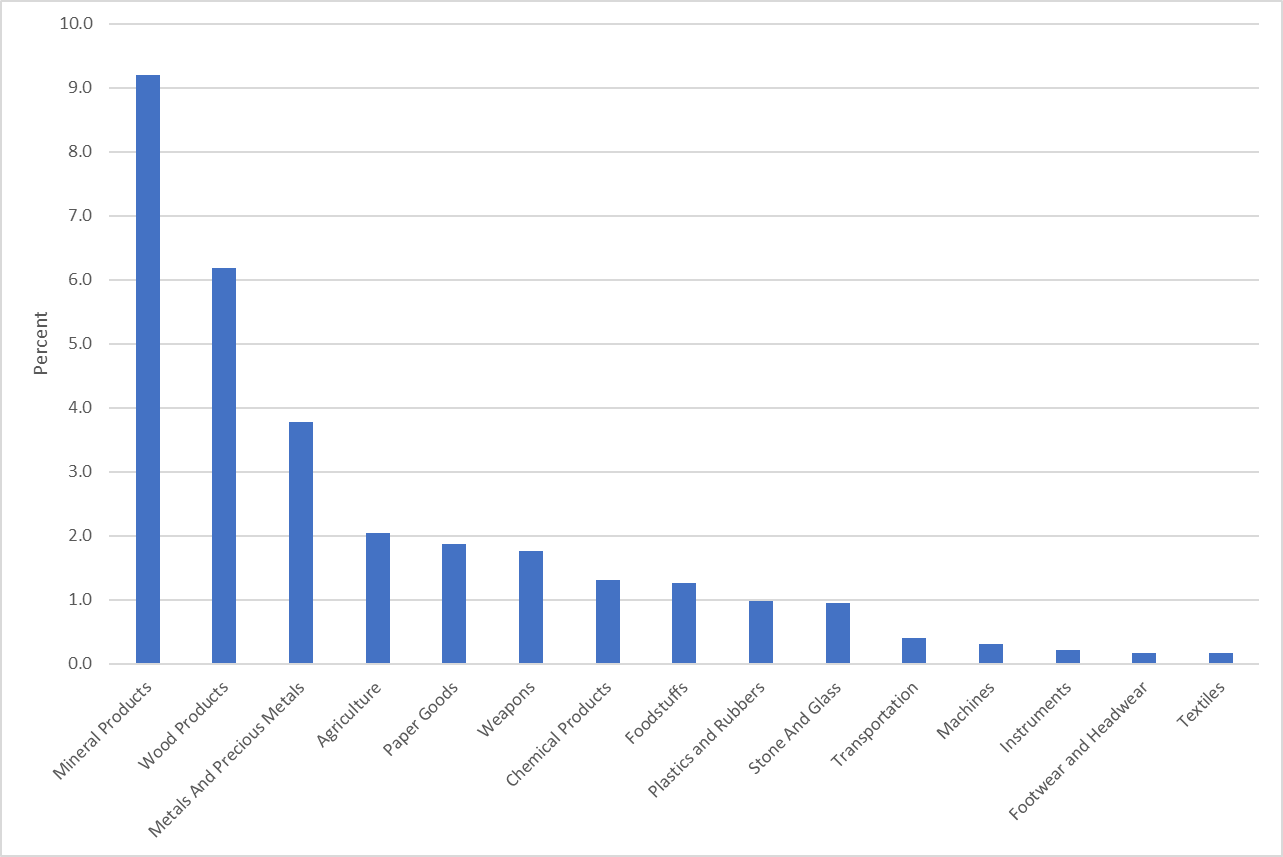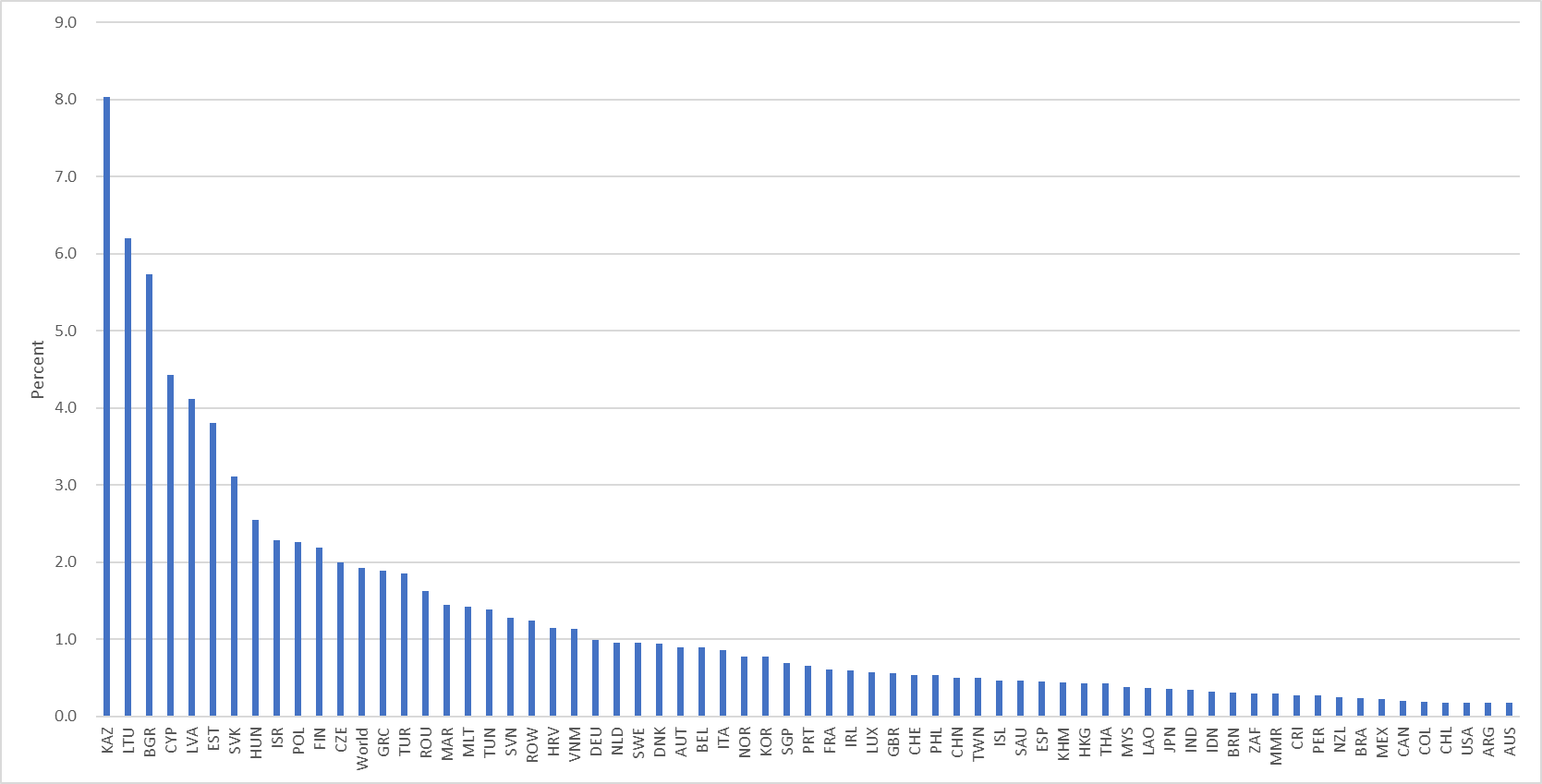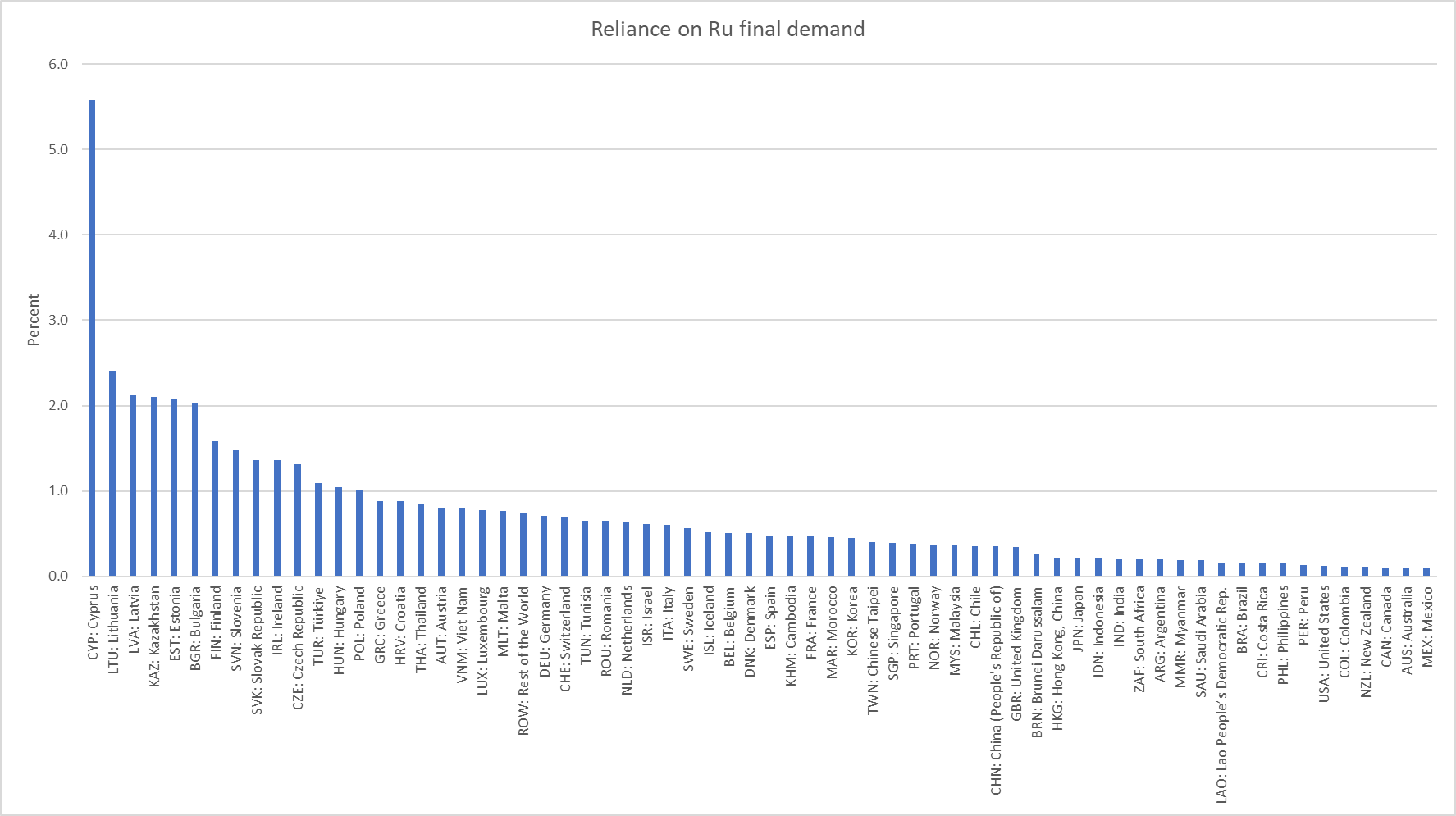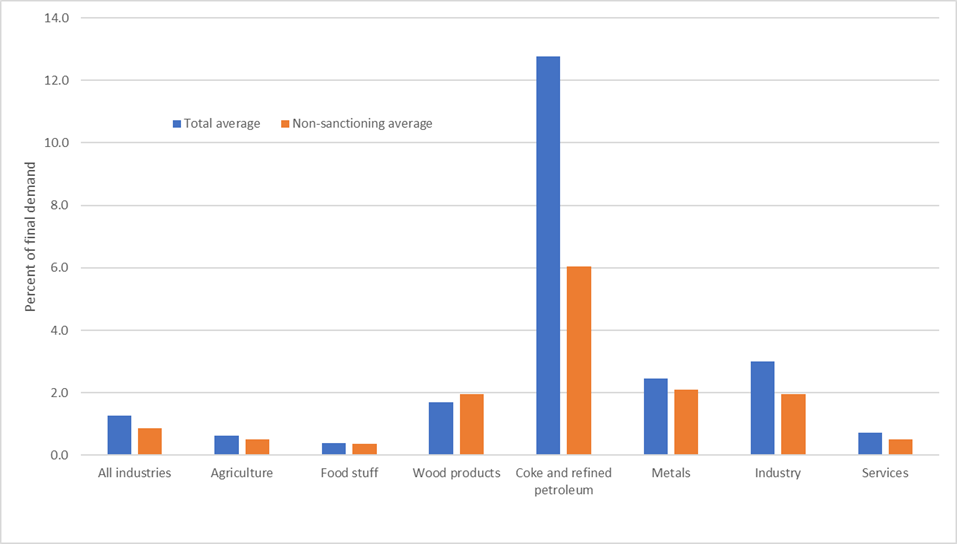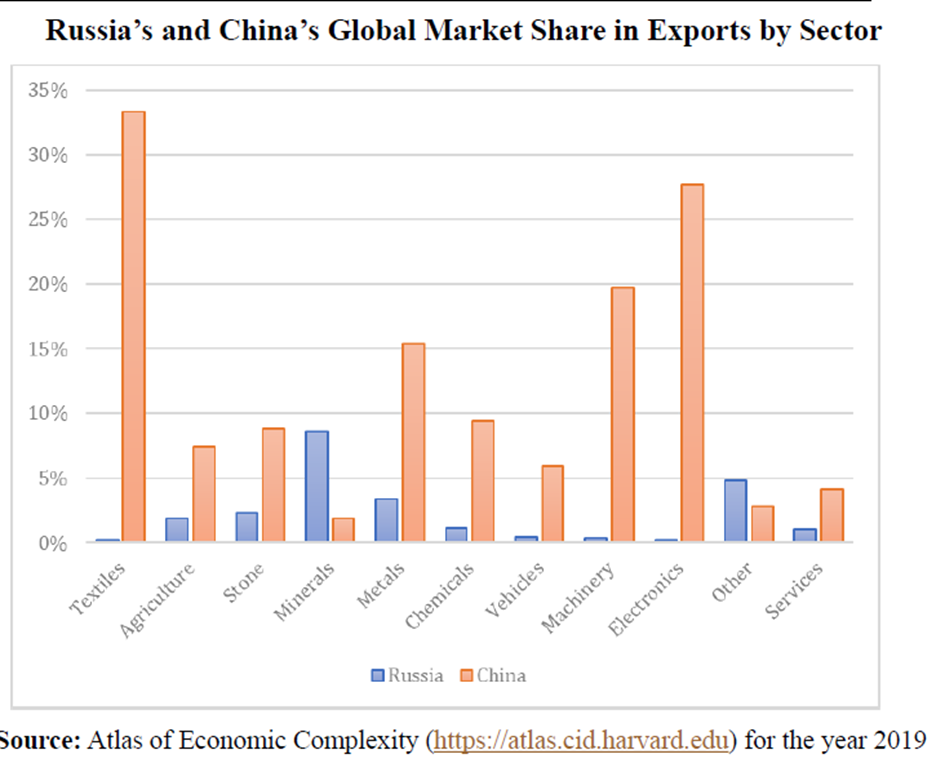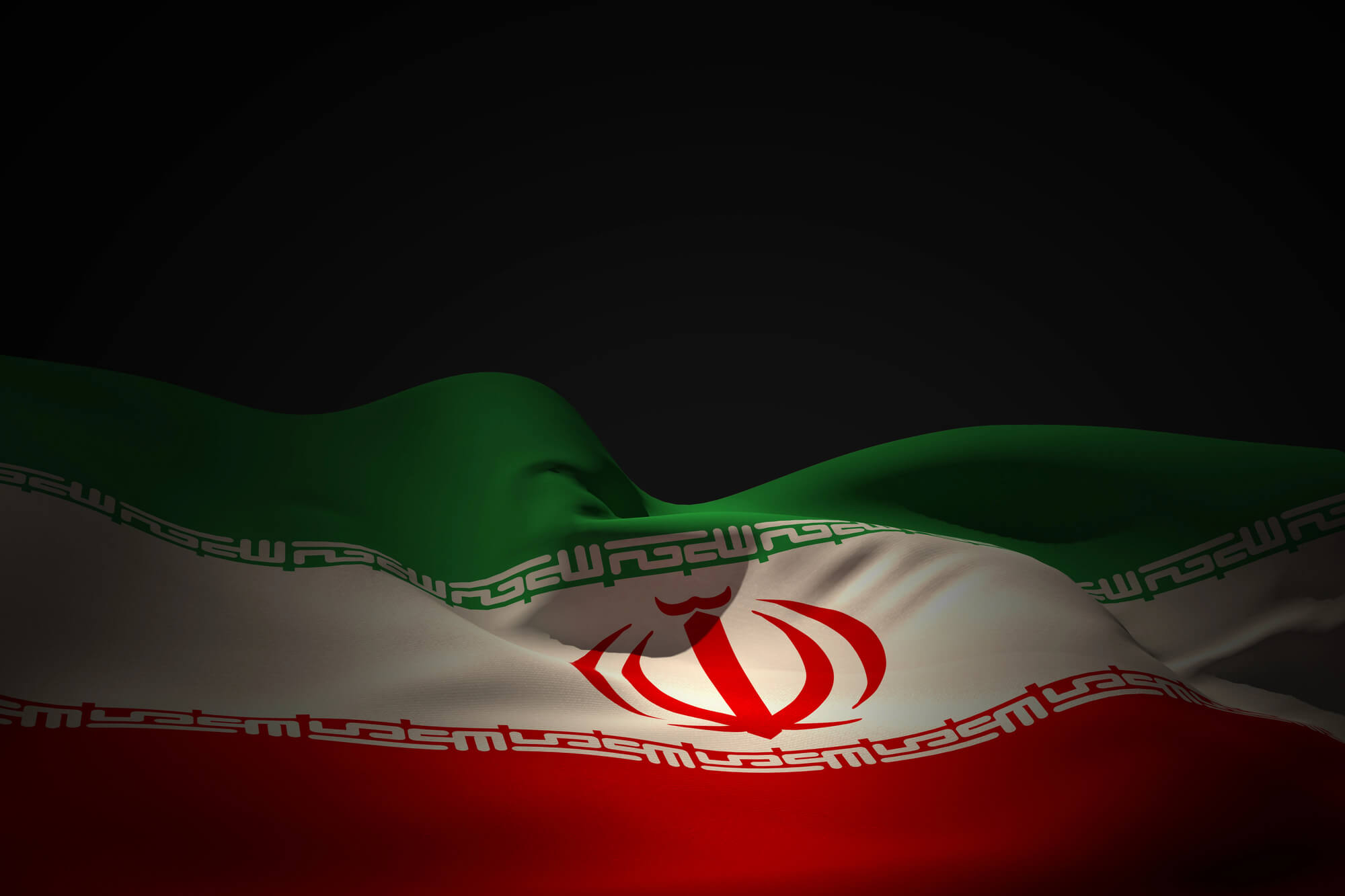Western support to Ukraine has been too small and too late. This has allowed Russian troops to kill and rape Ukrainians. Amidst the mainstream expectations that Ukraine would “fall in 2-3 days” only weapons for a guerilla war were supplied to Ukraine before the Russian full-scale invasion. Although placing sanctions on the Russian Central Bank was a powerful move, the EU was not prepared to quickly switch to other sources of hydrocarbons and continued to send to Russia hundreds of billions Euros for its energy. Thousands of Western companies continue their operations in Russia.
Although during 2022 Ukraine has received a lot of financial and military support from the West, we still hear about the “fear of escalation” or the ultimate need “to talk to Russians”. It is time to reverse our approach to the war from reactive to proactive. The basis for this strategy change is the recognition that feeding an alligator does not make it your friend – it only provides the alligator with more capabilities to attack you. The effective strategy to contain an aggressive beast is to build a reliable fence.
The majority of decision makers have finally realised that Ukraine needs to liberate all of its occupied territories. But any hopes that this will be enough to deter the Kremlin to attack Ukraine again in the future are pure fantasies. Putin’s war is supported by the Russian elites and people. After decades of propaganda, Russians not only believe that democracies in the West want to destroy Russia, but also that Russia is the beacon of civilization. They believe that Russian culture and values should be imposed on the “decadent West.” Hundreds of thousands of Russians who fled the country to avoid mobilisation did so out of fear of being killed on the battlefields, not because they oppose the war. Mass demonstrations against the war never materialised even from Russians outside of Russia.
Whether Putin dies or is replaced is of no consequence. He will be replaced by someone with the same imperialistic ambitions. Russia is aiming for a long-term war or a series of wars against the West. Having an unrestricted ability to levy the cost of war on the Russian population, the FSB (Russian deep state) is hoping to win the war of attrition with the West. To prevent this, the West should implement the policy of maximally isolating Russia along economic, technological, political and cultural dimensions. Ultimately, Russia should become more isolated than North Korea. Specific policy steps to achieve this are as follows.
In the short run: help Ukraine restore its internationally recognized borders as soon as possible. This implies two things: faster provision of more and more offensive weapons to Ukraine and the introduction of more sanctions (and better enforcement of sanctions) on Russia. Specifically, Ukraine should get long-range weapons to be able to reach military targets on Russian territory – because the most effective way to protect Ukraine’s civilians from missile attacks is to destroy the planes and ships that carry the missiles, the warehouses where these missiles are stored and the plants where they are produced. Second, Western governments should impose harsher sanctions on Russia. This implies (1) recognizing Russia as a terrorist state with respective legal consequences; (2) enforcing sanctions on Russian oil and gas and imposing sanctions on Rosatom; (3) ordering Western companies (including IT companies) to leave Russia. Yes, these companies will bear losses – most likely they will have to forego their assets in Russia. But in the prolonged war they will bear these losses anyway and impose additional costs on their governments by fuelling the Russian war machine.
Once Ukraine’s territorial integrity is restored, military support should be provided to allow Ukraine to deter any future attacks from Russia. This must be complemented by diplomatic policies granting Ukraine membership in NATO or equivalent security guarantees.
In the medium run the isolation of Russia implies its exclusion from such organisations as the IMF or the World Bank and its expulsion from the UN security council. Obviously, Russia should be banned from participating in the Olympics, world championships and other sporting and cultural events because Russian representatives at these events are just a veil on the Russian fascist regime. The Kremlin cannot be allowed to influence international politics through international organisations and soft power instruments.
The UN is paralysed since Russia abuses its position in the Security Council. In the long run policy-makers should aim at establishing an international organisation that is capable to intervene and protect its members from violations of international law, sovereignty and territorial integrity. As a first step towards that end, an alliance must be formed today to reach the short run aims mentioned above. Achieving the short run goals will show the world that Russia and other authoritarian regimes are not allowed to invade other countries. The alliance should include countries that adhere to International Law and respect the sovereignty and territorial integrity of other states. Members of the alliance can come from the existing initiatives of gathering democracies, such as the Summit for Democracy.
Countries that do not want to join the alliance should be encouraged to isolate Russia, and for those where severing economic ties would be most costly, compensation can be offered. This will be less costly than most people think. Russia does not have a lot to offer in terms of exports apart from energy products. According to Harvard University’s Atlas of Economic Complexity, Russian shares of global markets only amount to around 2 percent (figure 1). And, as data from OECD show, Russia is neither an important supplier nor an important market for most countries (figures 2 and 3). Russian value-added shares of final demand amount to less than one percent in most countries, and for most countries, less than one percent of GDP is created due to Russian final demand. And since the Russian economic footprint is higher in countries that are sanctioning Russia (figure 4), countries that are not yet sanctioning Russia have little to lose by severing their economic ties with Russia. Still, FTAs can be concluded between the alliance and other countries to compensate for the loss of the Russian market and Russian products.
Isolation of Russia will help not only Ukraine. It will help all other countries willing to live according to the rules by showing them that “nice guys” are also “tough guys” and thus can oppose a “bully.” Any losses encountered by isolating Russia (and also China, if it supports Russia or attacks Taiwan) will be more than offset by the peace dividend of not going into another world war. The fallout can be handled even in the short run (figure 5).
Figure 1. Russian world market shares, %
Source: Atlas of Economic Complexity. atlas.cid.harvard.edu
Figure 2. Russian value added shares in final demand in 2018. (%)
Source: OECD database. Trade in value added indicators. Note: the information in the figure is based on “Indicators based on the origins of Value Added in Final Demand” oecd.org/sti/ind/measuring-trade-in-value-added.htm. Indicator FD_VASH
Figure 3. Value added generated by Russian final demand as shares in GDP for different countries 2018, %
Source: OECD database. Trade in value added indicators. Note: the information in the figure is based on “Indicators based on the origins of Value Added in Final Demand” oecd.org/sti/ind/measuring-trade-in-value-added.htm. INdicators FFD_DVA and VALU
Figure 4. Average Russian value added shares in final demand in 2018. All countries and non-sanctioning countries
Source: OECD database. Trade in value added indicators. Note: the information in the figure is based on “Indicators based on the origins of Value Added in Final Demand” oecd.org/sti/ind/measuring-trade-in-value-added.htm. Indicator FD_VASH
Figure 5.
Attention
The authors do not work for, consult to, own shares in or receive funding from any company or organization that would benefit from this article, and have no relevant affiliations
